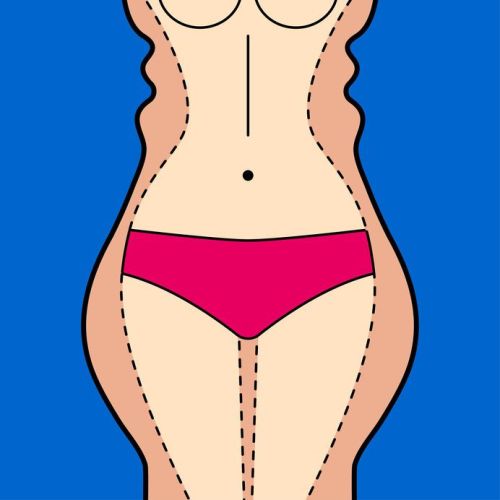 The weight loss surgery process is a relatively long and arduous one. The process and its specified timelines ought to be closely followed and adhered to ensure that the results are impeccable. This is vital because it makes sure the whole process goes on well without any complications. Weight loss surgery, therefore, entails ample preparation before the performance of the actual procedure while also necessitating a personal and permanent commitment after the surgery is done.Many things have changed with the advancement of time. It used to take only an hour to prepare for the surgery but nowadays it might take many months or close to a year to prepare before the weight loss surgery is done. At the outset, it is vital to stress that many months or even a year could be spent assessing the patient and determining whether they are indeed a good candidate for this surgery. There are many lingering questions regarding this subject and the process involved.
The weight loss surgery process is a relatively long and arduous one. The process and its specified timelines ought to be closely followed and adhered to ensure that the results are impeccable. This is vital because it makes sure the whole process goes on well without any complications. Weight loss surgery, therefore, entails ample preparation before the performance of the actual procedure while also necessitating a personal and permanent commitment after the surgery is done.Many things have changed with the advancement of time. It used to take only an hour to prepare for the surgery but nowadays it might take many months or close to a year to prepare before the weight loss surgery is done. At the outset, it is vital to stress that many months or even a year could be spent assessing the patient and determining whether they are indeed a good candidate for this surgery. There are many lingering questions regarding this subject and the process involved.
This article shall delve deep and discuss the actual timelines involved. The following is a simple outline that should enlighten you on what to expect. It will debunk all the myths associated with the timelines of the weight loss surgery process.
- 6 to 12 Months Before Surgery
You should begin some sessions to ascertain whether this surgery is indeed perfect for you. This also entails enrolment to a weight loss surgery program where you ought to attend classes diligently and without fail. Eating a balanced diet is very crucial at this stage while still working out for an average of 30 minutes per day following the doctor’s instructions.
- 3 to 4 months Before Surgery
After liaising with your insurance company, you should proceed and schedule a meeting with your surgeon to set an appropriate date for the surgery. This is followed by several tests and examinations, which ought to be done before the surgery hence you should completely oblige to your surgeon’s test requests. In case you are employed, it is at this stage that you should organize for a leave of absence with your employer. Working out should already have become habitual at this stage while simultaneously exercising on how you will eat post-surgery including the implementation of basic practices such as the reduction of your eating portions.
- 3 to 6 Weeks Before Surgery
This is the stage where you discuss the examination and test results with your surgeon while still confirming the previously set date for surgery. The surgeon should also tell you about how you will get ready for the surgery. All insurance and pre-authorization details should be verified at this stage. You should still progress with the work out sessions while discussing and establishing the diet plan that you should follow before surgery.
- Week Before Surgery
At this stage, you should be well primed for any requisite pre-op tests while ensuring that all admission details are taken care of. You should also continue to follow your set diet plan.
- Day Before Surgery
This day is all about preparing for the main day. A quick run-through will be given to help you get acquainted with what is going to take place on the day of the surgery. You will also be given a few instructions you need to follow the next day.
- Day of Surgery
On this material day, you should verify that you carried all important things with you including any medication. The surgery should proceed smoothly as planned.
- Follow Up After Surgery
After the first week, you should consult your surgeon to confirm that you are healing as expected. This is followed by another monthly appointment with your surgeon and nutritionist to determine whether any other checkups should be scheduled or arranged. This should be repeated after three months to assess your progress. Your psychologist should also assess you again at this stage to confirm if other follow-ups are necessary. After 6 months, you should visit your surgeon for blood testing to ensure that you are progressing well. After 9 months, you should visit your nutritionist for proper diet assessment. After 1 year, you should recheck an appointment with your surgeon for blood testing and this ought to be done annually from this moment moving on.
From the foregoing, it is clear that a weight loss process is quite a lengthy one. Many medical experts in this field have postulated that every single step is crucial if the surgery will be deemed to be a success and more so for the improvement of your general health. This article has therefore helped to elucidate this weight loss surgery process and its respective timelines.

